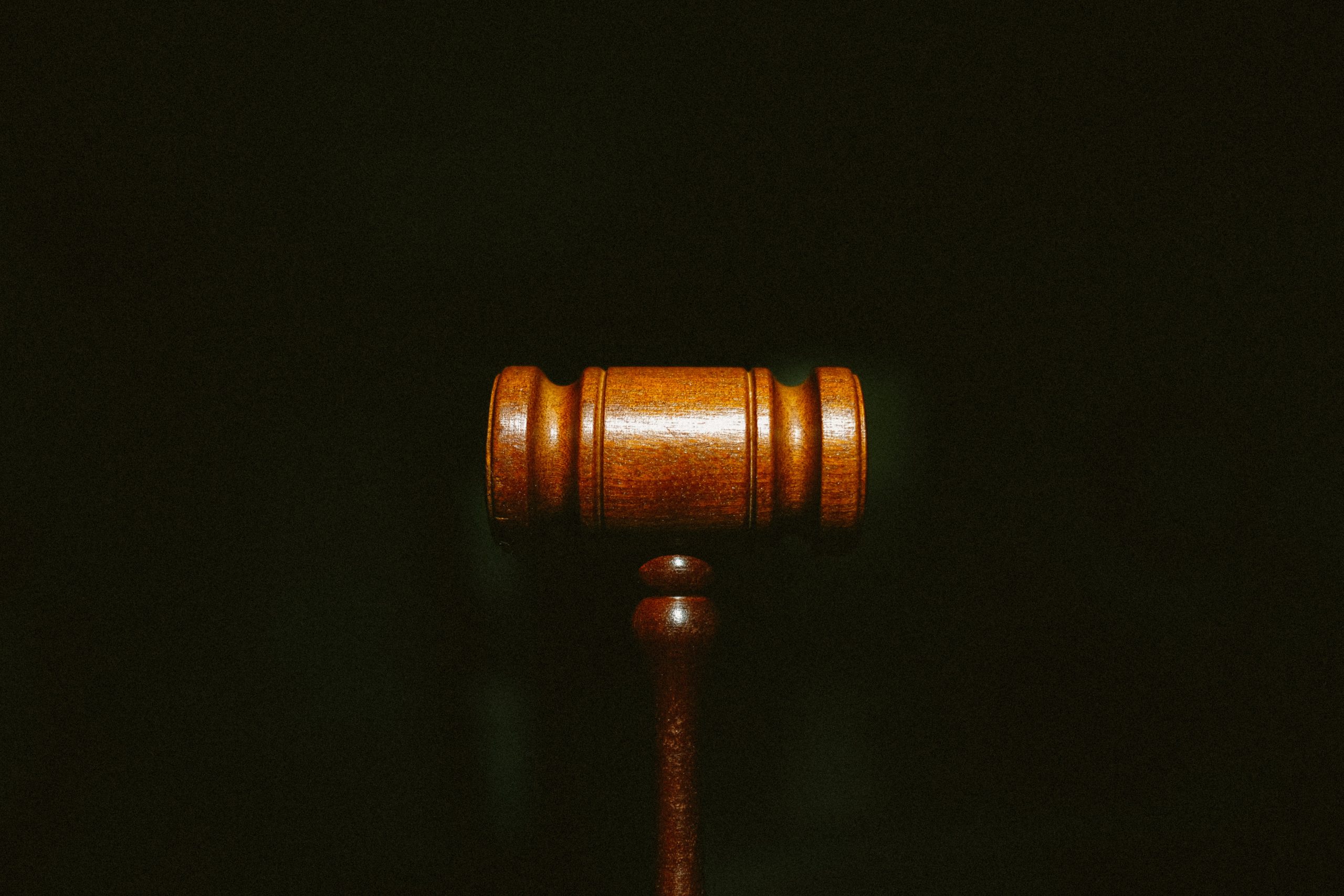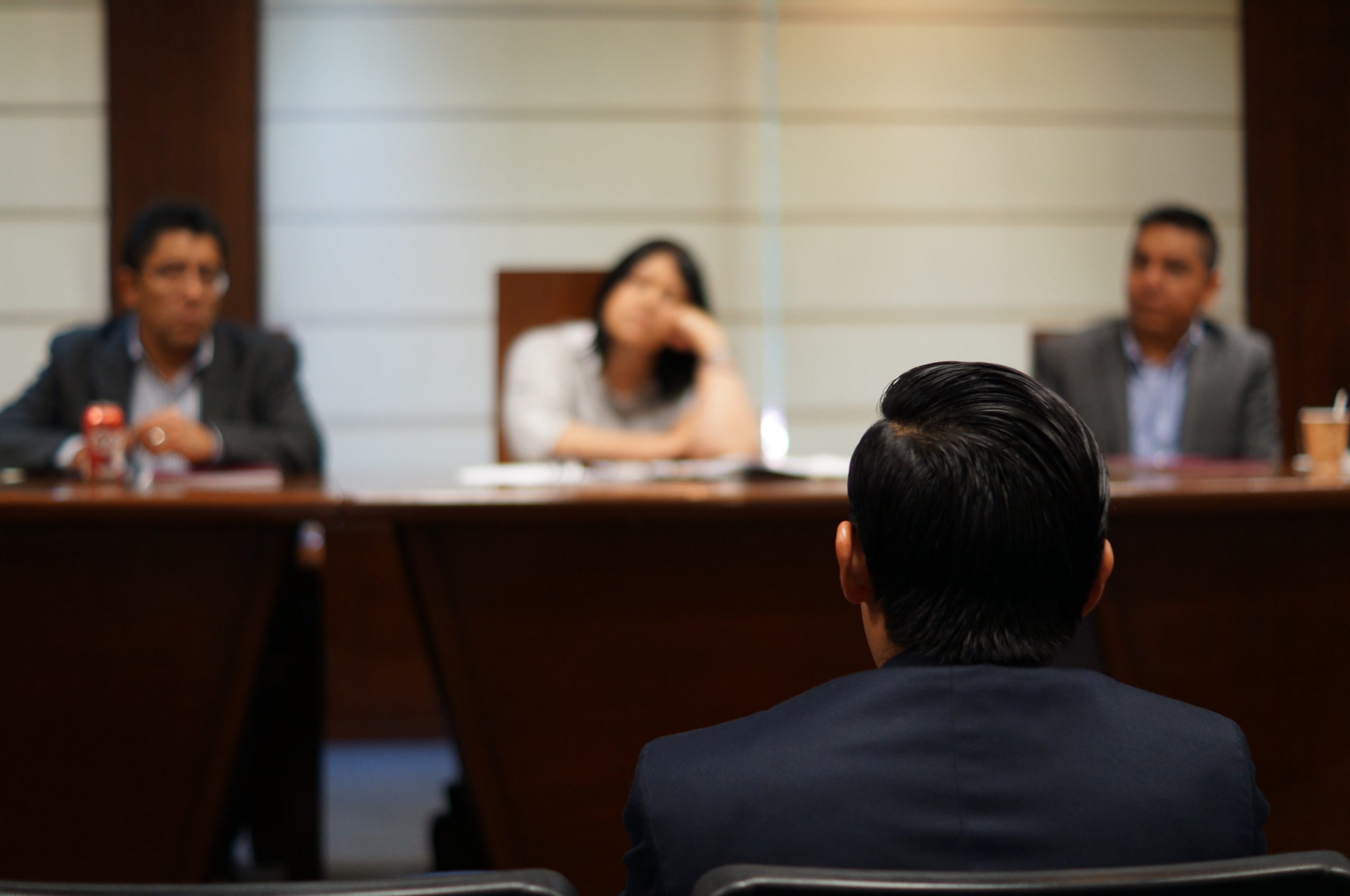Welcome back to Visalawerblog! In this post, we discuss the newly released visa bulletin for November 2020 which outlines the availability of immigrant visa numbers for family-sponsored and employment-based preference categories.
Impact of April 22nd Presidential Proclamation
As a preliminary matter, we would like to remind our readers that presidential proclamation 10014 signed into law on April 22, 2020, temporarily suspends the entry and issuance of immigrant visas at U.S. Consulates and Embassies worldwide for the following types of immigrants until December 31, 2020.
*Note: Applicants residing in the United States are unaffected by P.P. 10014 and may apply for adjustment of status with USCIS provided their priority date is current on the visa bulletin.
- Spouses and children of green card holders (US citizens are not affected) applying at the consulate
- Parents of US citizens applying at the consulate
- Brothers and sisters of US citizens applying at the consulate
- Sons and daughters (over 21 years of age) of US citizens applying at the consulate (children under 21 years of age of US citizens are not affected)
- Sons and daughters (over 21 years of age) of green card holders applying at the consulate
- EB1A extraordinary abilities and their family applying at the consulate
- PERM EB2 employment based (NIW is not affected) and their family applying at the consulate
- PERM EB3 employment based and their family applying at the consulate
- EB4 religious workers immigrants applying at the consulate
Unfortunately, this proclamation applies to the majority of family-sponsored preference categories which means that U.S. Consulates and Embassies worldwide will not issue visas to these individuals until the visa ban is lifted after December 31, 2020.
It is possible that President Trump may choose to extend the proclamation beyond December 31, 2020 if he finds it necessary. However it is unlikely to remain in effect after Joe Biden becomes President on January 20, 2021.
Suspension of Routine Visa Services Continues
As an additional note, although spouses and minor children of U.S. Citizens applying for immigrant visas at the Consulate are not impacted by P.P. 10014, the majority of Consulates and Embassies nationwide have suspended routine visa services until further notice. Applicants with emergencies or urgent travel needs may request expedited visa processing with the National Visa Center. We strongly encourage applicants to obtain legal assistance to help expedite visa interviews where the applicant can demonstrate extreme hardship to the U.S. Citizen relative.
Other Visa Bans May Apply
Certain immigrant visa applicants who are not impacted by P.P. 10014, may still be impacted by other presidential proclamations restricting visa issuance and travel to the United States.
For instance, beginning January 2020 the President issues a series of Coronavirus proclamations, which similarly restrict and suspend the entry into the United States, of immigrants and nonimmigrants, who were physically present within the Schengen Area, Brazil, China, the United Kingdom, Ireland, and Iran, during the 14-day period preceding their entry or attempted entry into the United States.
 Visa Lawyer Blog
Visa Lawyer Blog











